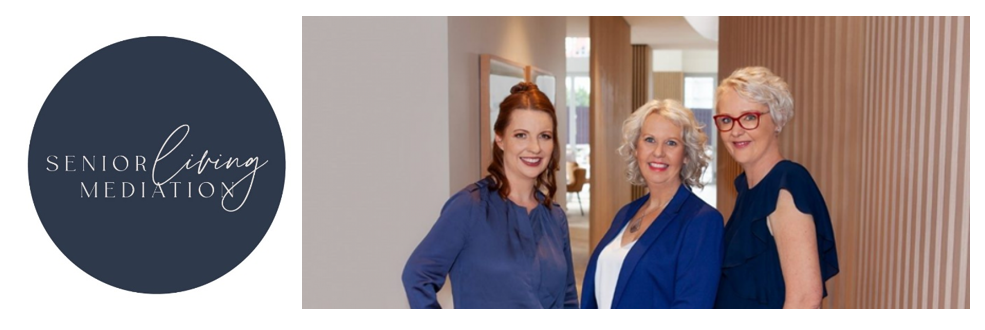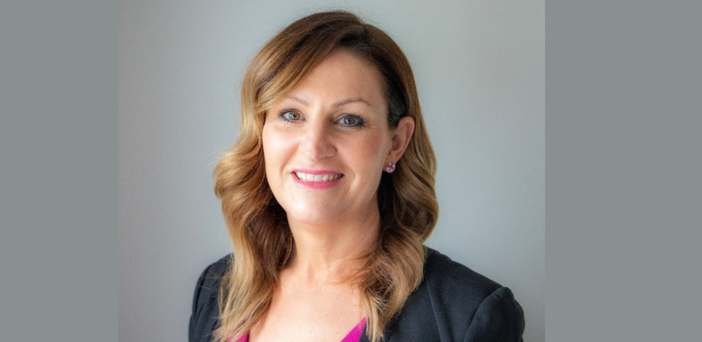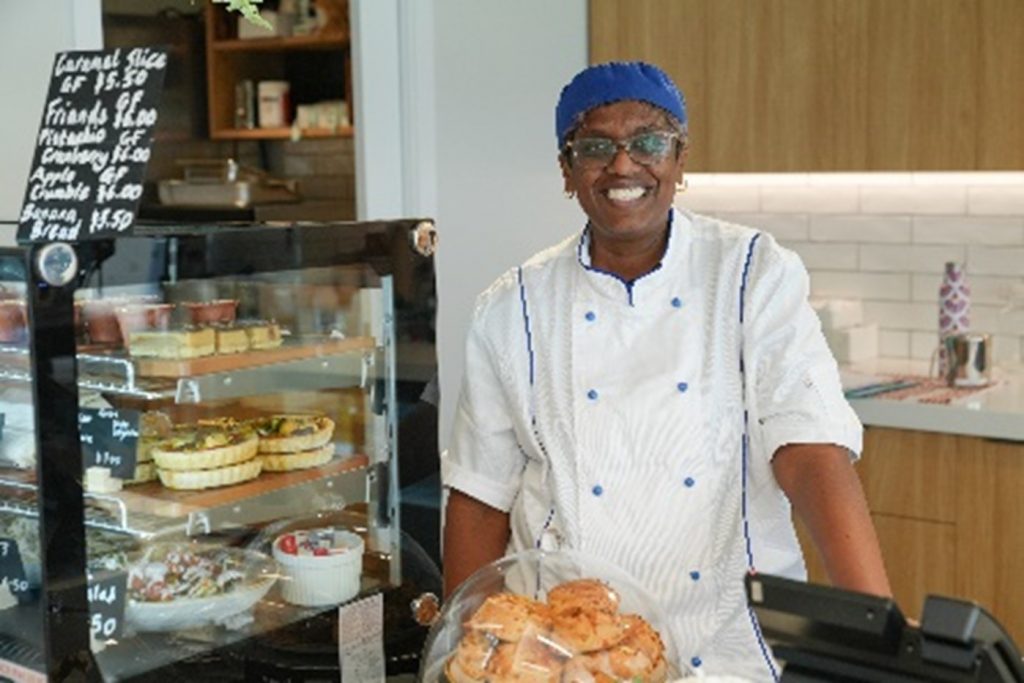When a dispute arises in your retirement village it’s essential to take a step back and as Douglas Adams once wrote, ‘don’t panic’.
Retirement villages have an undeniable allure, offering independence, a sense of connection, and a supportive community atmosphere. That said, the reality may not always match residents’ expectations, leading to conflicts between management and residents or among residents themselves.
When confronted with a dispute from a resident, it’s crucial to maintain composure. Equally, addressing disputes between residents is a challenge that requires a balanced approach.
How these conflicts are managed can significantly impact their duration and severity.
This is why understanding the potential outcomes can greatly influence the way you approach the situation – as well as understanding the stakeholders in the dispute.
There are essentially five possible scenarios to consider, and by identifying your desired outcome from the start, achieving that target becomes much easier:
- Someone wins, someone loses: This is the competitive outcome, where one party prevails while the other suffers a loss.
- Both parties win: This is the win/win outcome, where a resolution is reached that satisfies both parties’ needs and interests.
- Someone gives, someone takes: This is the compromise outcome, where both parties make concessions to find middle ground.
- One or both parties run away: This is the flight response outcome, where one or both parties disengage from the dispute without resolution.
- You take on extra demands: This is the accommodation response, where you, as the Village Manager, might shoulder additional responsibilities to keep the peace.
It’s easy to see how any of these outcomes could occur if you don’t clearly identify which one you want to achieve and direct your attention and language to that goal.
Importantly, the dispute only escalates where the communication is missing. It is this escalation that can impact on the wider community and be costly to your business.
Nobody moves into a village expecting or wanting a dispute – it arises because someone’s expectations do not align with the reality of the situation.

DCM Institute is pleased to announce Senior Living Mediation as sector partners in the space of dispute resolution and mediation.
With combined 50 years industry experience, Senior Living Mediation’s provide a specialised mediation service for Retirement Villages, Manufactured Home Parks and Aged Care Facilities and will be lending their practical mediation solutions to DCM Institute’s Professional Development Days during the month of August, and into September.





